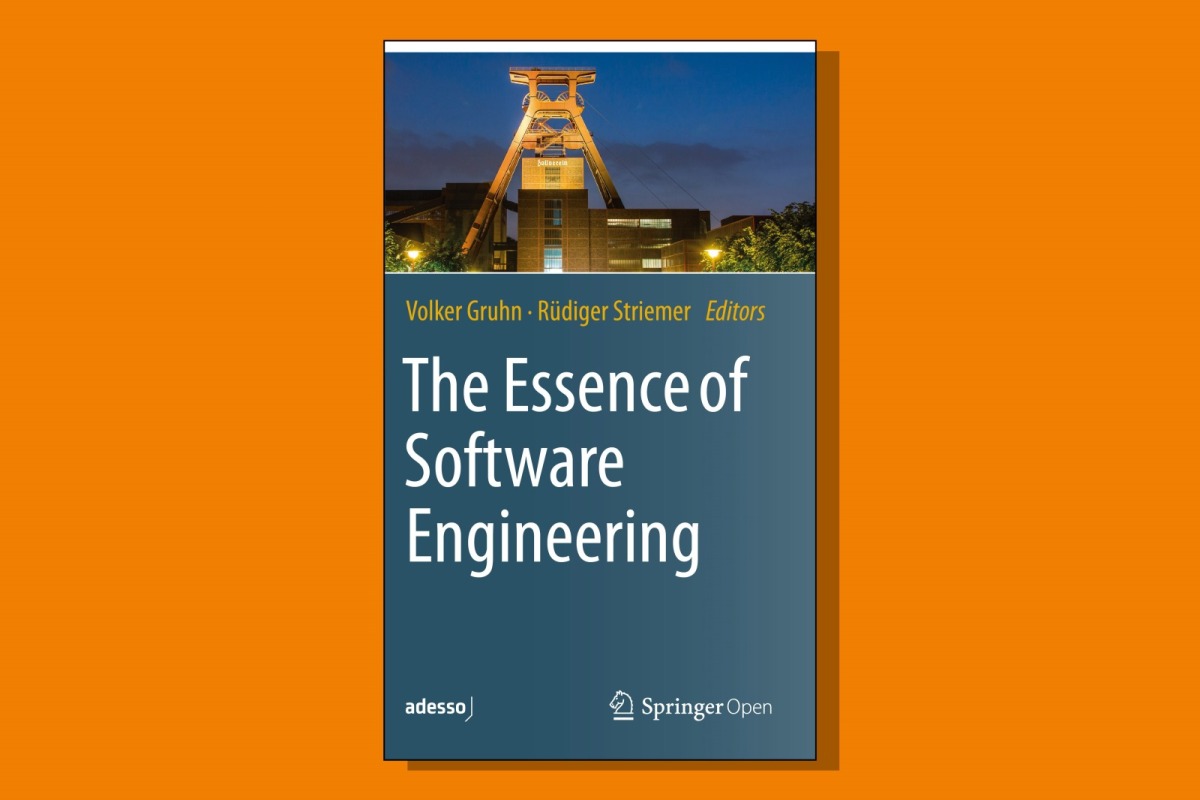Software ist in immer mehr Branchen der Schlüssel zu effektiven Geschäftsprozessen. Deshalb ist Software Engineering in modernen Gesellschaften bereits eine wichtige Schlüsselkompetenz. Softwareprozesse werden immer zuverlässiger und effektiver, sind aber aufgrund ihrer Natur ganz anders als Produktionsprozesse.
In dem Geist, wissenschaftliche Erkenntnisse mit den Lösungskonzepten aus der Praxis der Softwareentwicklung zusammenzuführen, wurde vor 20 Jahren adesso gegründet. In dieser Zeit durften wir engen Kontakt zu den international bekannten Lehrstühlen und Forschungseinrichtungen des Software Engineering pflegen und aus diesem Austausch profitieren. Umgekehrt hat adesso in den vergangenen 20 Jahren neben der Auftragssoftwareentwicklung immer auch an Forschungsprojekten teilgenommen, um die Erfahrungen aus der Praxis in den wissenschaftlichen Erkenntnisprozess einzubringen.







